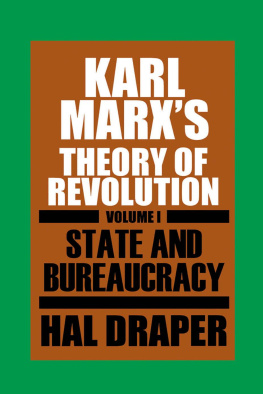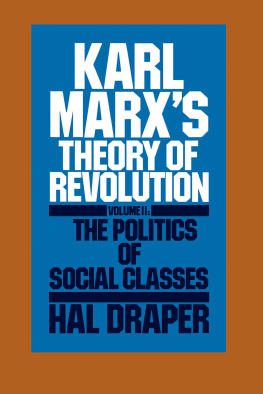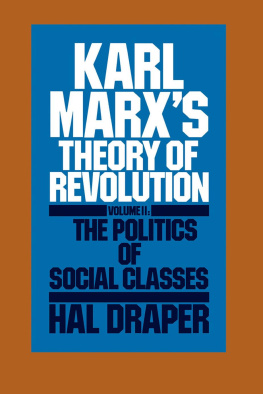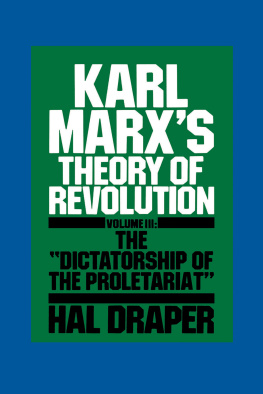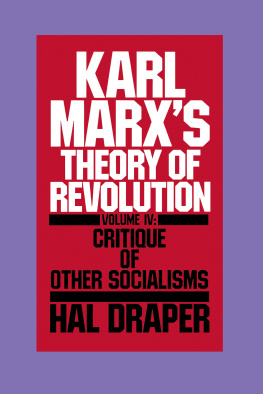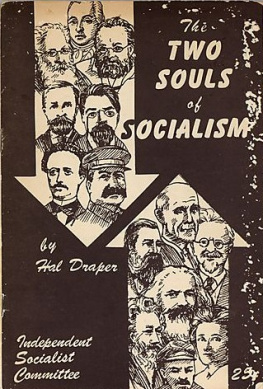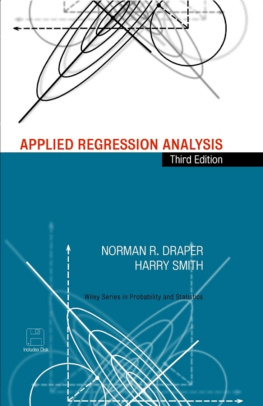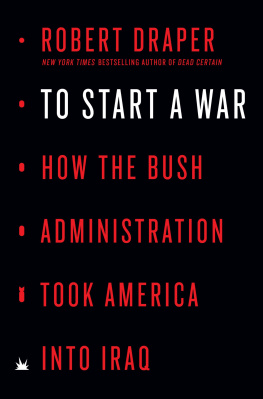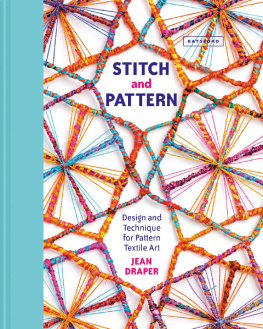Hal Draper - Selections from the Hal Draper Archive
Here you can read online Hal Draper - Selections from the Hal Draper Archive full text of the book (entire story) in english for free. Download pdf and epub, get meaning, cover and reviews about this ebook. publisher: Marxists Internet Archive(marxists.org), genre: Politics. Description of the work, (preface) as well as reviews are available. Best literature library LitArk.com created for fans of good reading and offers a wide selection of genres:
Romance novel
Science fiction
Adventure
Detective
Science
History
Home and family
Prose
Art
Politics
Computer
Non-fiction
Religion
Business
Children
Humor
Choose a favorite category and find really read worthwhile books. Enjoy immersion in the world of imagination, feel the emotions of the characters or learn something new for yourself, make an fascinating discovery.

- Book:Selections from the Hal Draper Archive
- Author:
- Publisher:Marxists Internet Archive(marxists.org)
- Genre:
- Rating:5 / 5
- Favourites:Add to favourites
- Your mark:
- 100
- 1
- 2
- 3
- 4
- 5
Selections from the Hal Draper Archive: summary, description and annotation
We offer to read an annotation, description, summary or preface (depends on what the author of the book "Selections from the Hal Draper Archive" wrote himself). If you haven't found the necessary information about the book — write in the comments, we will try to find it.
Selections from the Hal Draper Archive — read online for free the complete book (whole text) full work
Below is the text of the book, divided by pages. System saving the place of the last page read, allows you to conveniently read the book "Selections from the Hal Draper Archive" online for free, without having to search again every time where you left off. Put a bookmark, and you can go to the page where you finished reading at any time.
Font size:
Interval:
Bookmark:
Ernest Haberkern Introduction to Hal Draper (1998) |
In the early years of this century, prior to World War I, there was in the United States a growing, vigorous, powerful socialist movement. In many respects it was further advanced than the British socialist movement of the time. The usual indicator you run across in the history books is the Presidential campaign of 1912 in which Eugene V. Debs gained some 6% of the vote as the candidate of the Socialist Party. But this statistic in fact underestimates the strength and significance of the movement. The socialist press, represented by dozens of newspapers and journals, had a wide circulation. Socialists were an open and well organized force in the AFL, winning almost a third of the vote for their candidate in 1912. At the local and state levels numerous socialists held office and the Party ran a number of municipalities. Despite the wide scale persecution that accompanied World War I, during the war and in the early 20s the American left experienced a new surge of growth and activity. While the Socialist Party split in the early 20s, the labor movement swung sharply to the left and a serious attempt to build a new party based on the unions arose. Members of the Socialist Party and the new parties affiliated with the Communist International played important and influential roles in this revived labor movement.
For a few years, during the late 20s, this revival appeared to falter. But the Depression and the collapse of confidence in the capitalist system even among its beneficiaries changed that. It was in 1932, in the midst of this widespread radicalization, that Hal Draper joined the socialist movement. Of course, as the son of immigrant garment workers, this formal act was not his real initiation into the world of the socialist and labor movements.
From 1932 until his death in 1990, Hal Draper was a prolific Marxist writer and a socialist activist. He is one of the few people from that era who maintained and expanded this American socialist tradition which has almost disappeared. World War II and the Cold War were a political space-time warp and very few individuals or political tendencies passed through it intact. This is true of the socialist movement worldwide of course but the damage was greatest in the United States. Draper is one of the few who, instead of abandoning the movement in despair and rejecting his own political past, analyzed what was happening with the combination of rigorous research and passionate outrage that is the stamp of the Marxist tradition. In the 50s, a time of general collapse and demoralization in the American left, Draper edited the weekly Labor Action, a political journal widely read in Europe as well as the United States because of its uncompromising rejection of the American consensus which did not depend on accepting that other form of despair the slavish defense of real existing socialism as the only alternative.
It was not possible, of course, to remain in opposition to the real existing crap of both sides of the Cold War without rethinking the history of the movement. Drapers 4-volume Karl Marxs Theory of Revolution is his principal achievement in this regard. The works collected here are manuscripts that were either not published or are hard to obtain and they emphasize sides of Drapers career and writing that are not included in KMTR.
It is a truism that the aim of Franklin Delano Roosevelts New Deal was not to replace the capitalist system, but to save what could be saved from the wreckage of the Depression by making those concessions he had to and using them to disarm and demoralize a potentially revolutionary movement from below. He succeeded admirably. Even today, when liberals and conservatives alike are dedicated to dismantling the welfare state he created, even Republicans pay tribute to this Great President and rightly so from their class standpoint. More important, however, than the immediate impact of Roosevelts reforms in blunting popular discontent was the long term benefit. Roosevelts ersatz revolution destroyed the real socialist movement of opposition described above. Even historians and pundits who, usually approvingly, note Roosevelts role in saving capitalism pay little or no attention to the movement he was saving it from. Drapers essay on the Student Movement of the 30s is a good short introduction to the real politics of this period and in fact a good introduction to what Draper represented.
E. Haberkern, 1998
The Myth of Lenins Revolutionary Defeatism (1953/1954) |
First published in New International, 1953/1954.
Center for Socialist History. Used with kind permission of the copyright holders.
Downloaded with thanks from the What Next? Website.
Marked up by for the Marxists Internet Archive.
This study was first published in New International, theoretical journal of the US Independent Socialist League. It appeared as a 3-part series in Vol.XIX No.5 (September-October 1953), Vol.XIX No.6 (November-December 1953) and Vol.XX No.1 (January-February 1954). We are grateful to Barry Buitekant for providing us with copies.
The Myth of Lenins Revolutionary Defeatism |
All of Marx is contained in the Communist Manifesto, in the foreword of his Critique and in Capital. Even if he had not been the founder of the First International, he would always have remained what he is. Lenin, on the contrary, lives entirely in revolutionary action. Had he not published a single book in the past, he would nonetheless appear in history as that which he is now, as the leader of the proletarian revolution, as the founder of the Third International. Leon Trotsky
When Vladimir Ilyitch once observed me glancing through a collection of his articles written in the year 1903, which had just been published, a sly smile crossed his face, and he remarked with a laugh: It is very interesting to read what stupid fellows we were!
Since the First World War, more than one generation in the Marxist movement has been brought up, in good part, on a close study of Lenins anti-war position.
Lenin was not the only Marxist of the time who reacted to the war with a policy of consistent and thorough opposition to all varieties of social-patriotism or social-chauvinism. But even in comparison with the other anti-war socialists, his writings on the war have a special force because of the exceptionally clear fashion in which he did one thing: he analyzed the political character of the war in the context of the new epoch of capitalism-imperialism.
Trotsky and Rosa Luxemburg (to take these as the best examples of the non-Bolshevik socialist-internationalists) did so also; the difference is in degree, not in kind; but no one so successfully hammered this home as sharply as did Lenin, and on so well thought-out a theoretical basis. His study of imperialism as a stage of capitalism, together with the political approach to the war question which flowed from it, was Lenins chief theoretical contribution to the arsenal of Marxism.
In most other respects, as Lenin rightly saw it himself, his role was to revive and reanimate the revolutionary substance of Marxism that had been overlaid by the creeping reformism of the Second International. In this respect, however, he did not merely revive: he had to, and did, readapt Marxism and its ideas to a new epoch. From that time on, the Marxist analysis of war had a new starting point.
Next pageFont size:
Interval:
Bookmark:
Similar books «Selections from the Hal Draper Archive»
Look at similar books to Selections from the Hal Draper Archive. We have selected literature similar in name and meaning in the hope of providing readers with more options to find new, interesting, not yet read works.
Discussion, reviews of the book Selections from the Hal Draper Archive and just readers' own opinions. Leave your comments, write what you think about the work, its meaning or the main characters. Specify what exactly you liked and what you didn't like, and why you think so.

